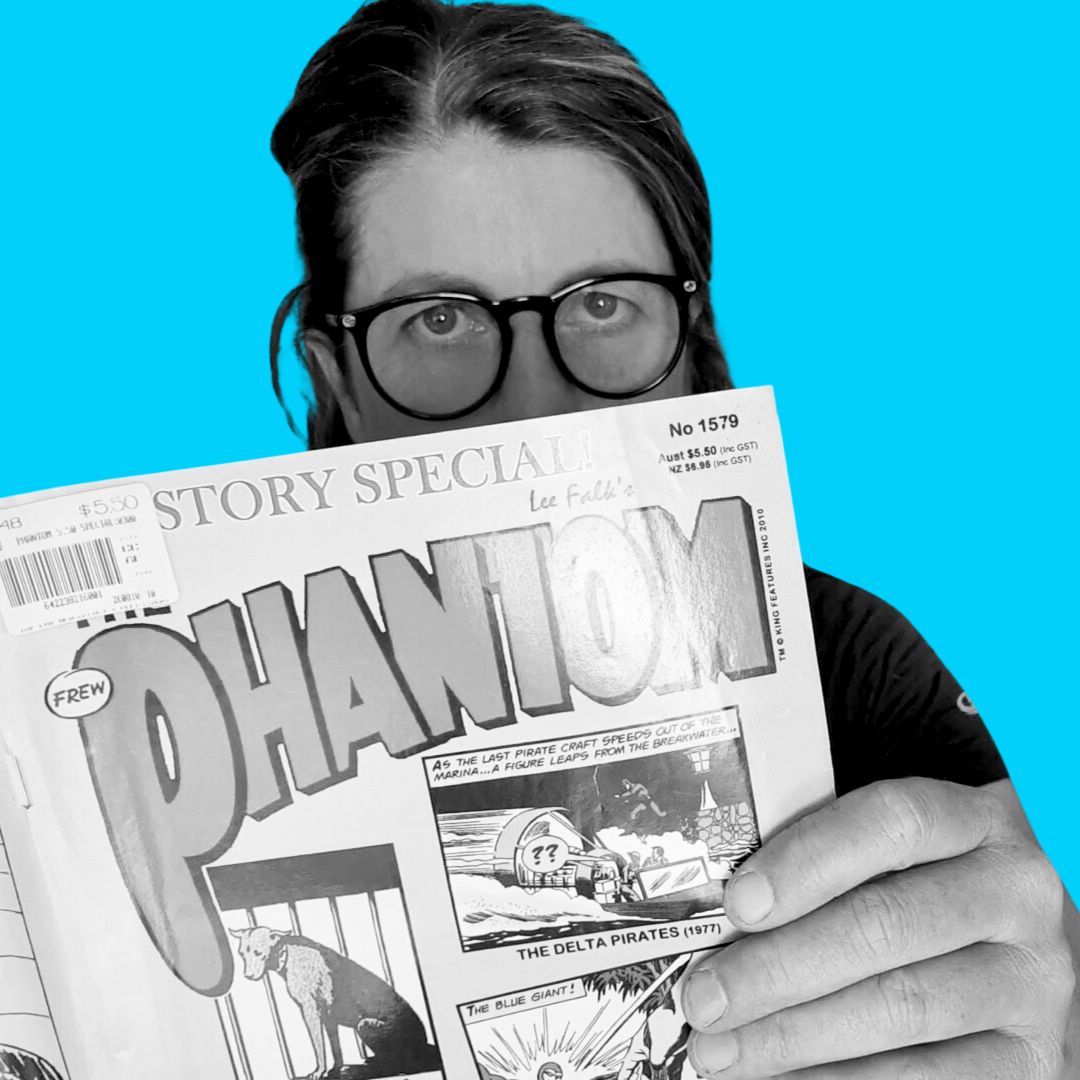Your self-doubt is masking a secret superpower
The power of foresight and intuition is hidden inside your habit of second-guessing your abilities. Tweaking your thinking pattern will unleash that power.
Your mind floods with what-if questions
How many times in your life has the following scenario occurred?
You’re planning to do something for the first time. Most likely, it is a big thing in your mind. When you think about doing that thing, a heap of what-if questions start firing in your brain.
- What if I’m not good enough?
- What if I get hurt?
- What if so-and-so doesn’t turn up?
- What if I get embarrassed?
- What if I fail?
- What if people laugh at me?
- What if people don’t laugh at me?!
Then, after all the what-if questions have fired, another inner voice cuts in. It shoots a volley of insults in the direction of the first voice.
Stop being a wimp!
You’re hopeless!
There’s no way you can do that!
When the heck are you going to toughen up!
People like you don’t do things like that!
Have you ever noticed that the second voice frequently speaks from another person’s perspective? For instance, it says “you are” not “I am” or takes the helicopter view of a situation. That’s because it’s not your true intelligence speaking.
That second voice can be so loud that you freeze, unable to take the next step and sometimes give up on the idea.
I’m about to step you through the reason why your brain is behaving that way. But before we do, there are two things I’d like to clarify.
- The what-if-ing is a superpower
- That nasty second voice is a problem
Now on with the whys and so-what’s.
Women are born with a superior prefrontal cortex
Feel free to bog down in the science of gender variation in brain development.
I’m going to skip through it rapidly so we can move on to the more useful ‘so what do I do about it’ discussion.
The prefrontal cortex is the analytical part of the human brain, the section we celebrate as our higher intelligence.
Women are born with more blood flowing to that part of the brain, which delivers us a natural advantage for analysis.
Intuition, collaboration, and empathy are all generated within the prefrontal cortex. So are many other cognitive skills that need an innate ability to read a situation and respond.
That extra blood flow most likely came from our primal role as the family unit’s manager, bearer and protector. Our brains have coordinated many moving parts for millennia and adapted accordingly.
And yes, I will qualify the above by saying these are sweeping generalisations and men are brilliant too.
Phew.
Next.
Your superpower is waiting
Your passion for what-if questions is a superpower because it enables you to pre-empt flow-on effects. That foresight enables you to influence the future.
When you foresee positive consequences, you can pre-configure actions to maximise the benefits. When the consequences ahead are negative, you can divert onto a new path.
That adds up to a ton of personal power and productivity.
In fact, it adds up so much that some people, who are not so great at the what-if-ing, feel intimidated by it.
Let’s take the witch hunts of the fifteenth and sixteenth century as a case in point.
Eighty per cent of witches killed during that era were women over the age of 40 years.
Older, wise women are, apparently, very scary because of their special knowing and foresight.
Before the witch hunts, society revered their abilities, but those who felt intimidated set about destroying that.

The second voice in your head came into existence during those gender-fearing epochs.
It took around 100 years, but society managed to program women to fear and loath their what-if-ing. After all, it’s easier to control a large population if they do the suppressing themselves.
I respect their creativity.
But, oh well, time to trash it.
Liberate your inner witch
That heading will not win me any brownie points with Google’s search engine.
If the question has popped into your mind, I’m not advocating heresy.
My inner witch is like the Good Witch of the North meets Hermione Granger.
I’m mostly pleasant, clever, prone to the occasional screw-up and passionate about social justice. With that said, if you cross my personal boundaries, I will turn you into a toad.
The personality of your inner witch is up to you. Choose wisely.
Your confidence, intuition and productivity will exponentially blossom if you stop the negative chatter and utilise the insights from the what-if-ing.
For example…
What if I’m not good enough? OR What if I fail?
Those are outstanding questions because it’s essential to consider the ramifications of falling short.
In a life-and-death situation, it’s best to work through the consequences and address the risks ahead of time. Running into such a situation without prior preparation is reckless and stupid. You and I don’t do stupid.
Whereas if you’re heading out for painting and a glass of bubbly with the girls, the consequences are, well, inconsequential. The upside of the good times will far outweigh the awkward discovery that you’re not Frida Kahlo.
Can you see how this game gets played?
Let me give you another example.
What if I get hurt?
A great question to ask if, say, you’re planning to try a physical activity for the first time. I wish more people would ask it, especially when heading out into the wilderness.
It leads to other fantastic questions.
- Is the threat of getting hurt real? Yes.
- What are common ways people get hurt? They get lost, fall over, get bitten, or dehydrate.
- How can I reduce the risk of that happening? I can talk to experienced people and/or travel with them, learn first aid and take a first aid kit. Also, I can take a satellite phone or EPIRB.
- How will I respond if the risk becomes a reality? Stay in place. Apply first aid. If the situation is life-threatening, activate the EPIRB.
You get the drift.
Respect your what-if-ing, respond with intelligent answers, and don’t let anyone throw you off your game.



